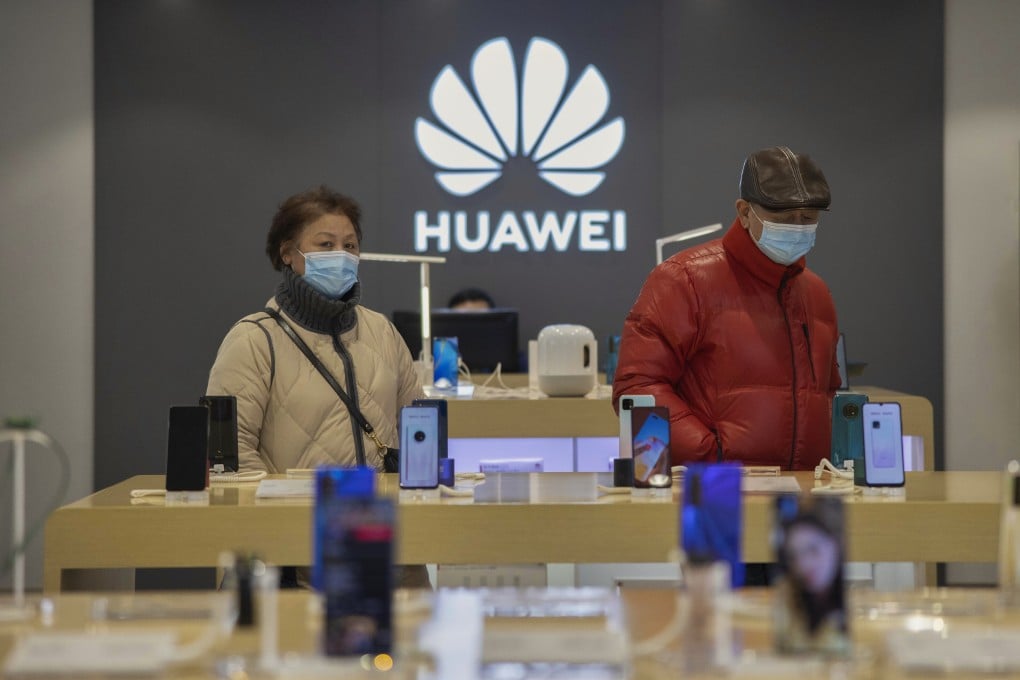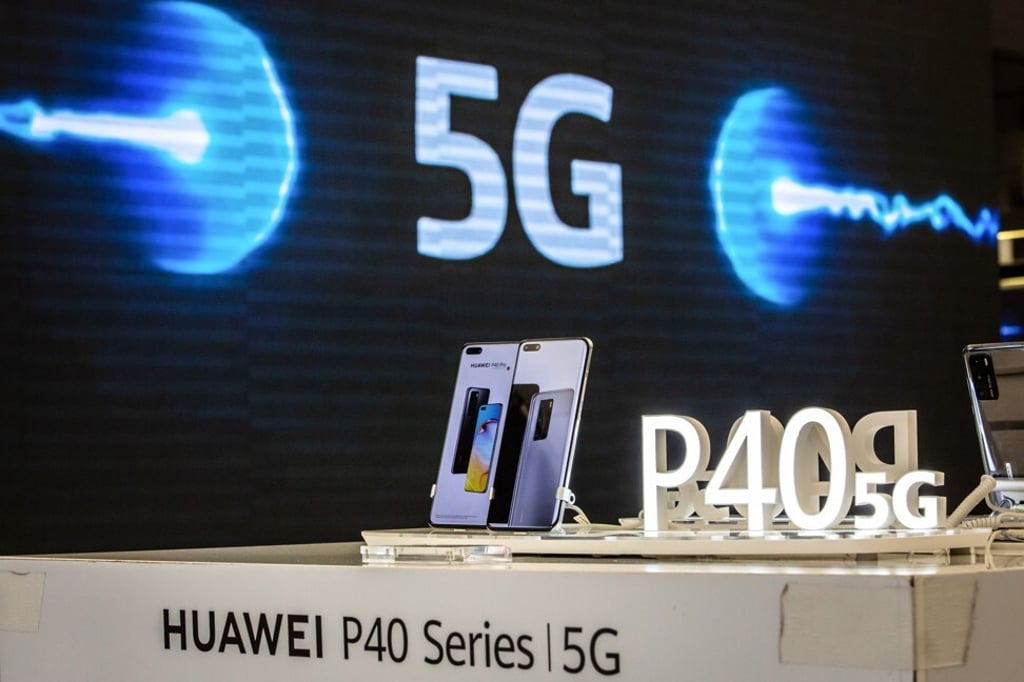Advertisement
Huawei’s exit from premium smartphone market would be ‘a last resort’ amid US sanctions, analysts say
- Speculation swirled on Monday about Huawei potentially selling its high-end smartphone brands to a Shanghai government-backed consortium
- The company said it remains ‘fully committed’ to its smartphone business, vowing to ‘deliver world-leading products’
Reading Time:3 minutes
Why you can trust SCMP

Huawei Technologies Co is not expected to divest its premium smartphone business except as “a last resort”, according to analysts, a day after the Chinese telecommunications equipment giant denied that it plans to sell its flagship P and Mate brands amid stifling US trade sanctions.
Speculation swirled on Monday about Huawei potentially selling its high-end smartphone brands, following reports from Reuters and Chinese local media QbitAI. Reuters said Huawei has been “in early-stage talks” with a consortium, led by Shanghai government-backed investment firms, for months, citing people with direct knowledge of the matter.
In response, Shenzhen-based Huawei said in a statement on Monday: “There is no merit to these rumours whatsoever ... We remain fully committed to our smartphone business, and will continue to deliver world-leading products and experiences for consumers around the world.”
Advertisement
The company declined further comment on Tuesday. It had already sold its budget smartphone brand, Honor, in November to Shenzhen Zhixin New Information Technology, a consortium of more than 30 agents and dealers.
“Selling another good-performing business unit will not solve issues from the US trade ban and only cause Huawei to lose a major revenue source,” said Will Wong, a Singapore-based analyst at tech research firm IDC. “That kind of deal could only be used by Huawei as a last resort, especially when the company still wants to sustain a presence in the [smartphone] market.”
Advertisement

“The Mate and P series brands, along with [chip unit] HiSilicon, represent the pillars that support Huawei’s high-end image and competitive advantage in the market,” Wong said.
Advertisement
Select Voice
Choose your listening speed
Get through articles 2x faster
1.25x
250 WPM
Slow
Average
Fast
1.25x